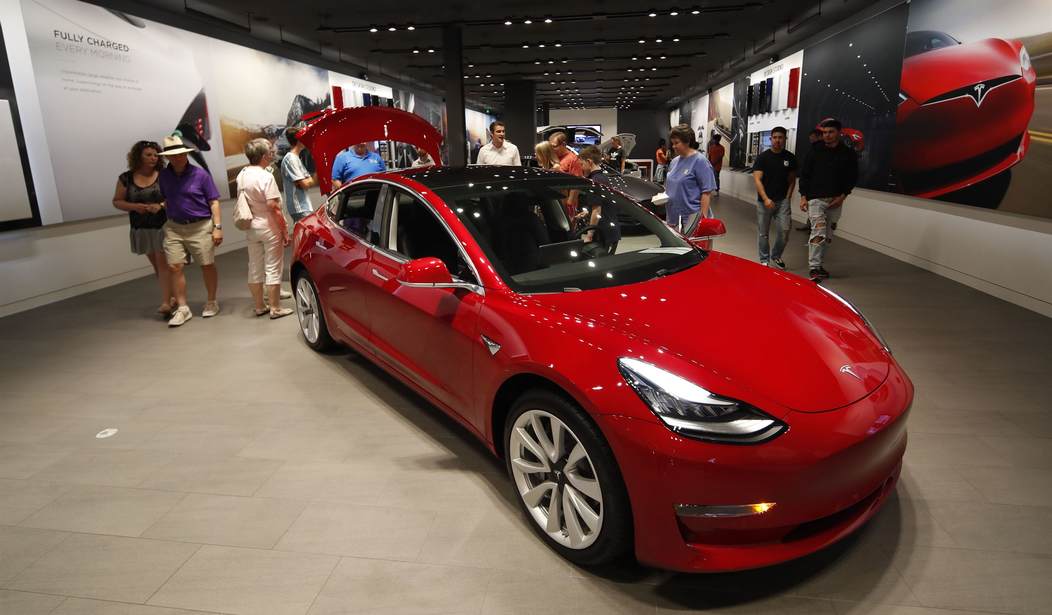An untold number of cars have been destroyed by Hurricane Ian in Florida, but the storm has also impacted electric vehicles in a way that’s proving difficult for rescue workers in the state to manage.
EV batteries, corroding from water damage, are now catching on fire, Florida’s Chief Financial Officer and State Fire Marshal Jimmy Patronis said on Twitter.
“There’s a ton of EVs disabled from Ian. As those batteries corrode, fires start. That’s a new challenge that our firefighters haven’t faced before. At least on this kind of scale,” he said, sharing video of firefighters in Naples surrounding a smoking Tesla.
It takes special training and understanding of EVs to ensure these fires are put out quickly and safely. Thanks to @NCFRPio for their hard work. #Hurricanelan pic.twitter.com/oN0RvQTG2U
— Jimmy Patronis (@JimmyPatronis) October 6, 2022
EV owners were also advised to have the water-damaged vehicles moved away from structures.
Thank you @bob_rommel we appreciate your willingness to be on scene so you could see first hand how difficult these fires are to extinguish https://t.co/hndPL2ZDct
— North Collier Fire Rescue (@NCFRPio) October 6, 2022
Recommended
In the video, one person says the vehicle has already been doused with 1,500 gallons of water and the fire is still not out.
According to Emma Sutcliffe, the director of Australia-based EV FireSafe, testing shows that electric vehicle battery fires can burn up to 4,900 degrees Fahrenheit, WCNC reports. In comparison, fires in combustion engine vehicles burn around 1,500 degrees, according to FEMA.
“It takes special training and understanding of EVs to ensure these fires are put out quickly and safely. Thanks to [North Collier Fire Rescue] for their hard work,” Petronis added.
Florida has the second highest number of electric vehicles in the nation, behind California.
























Join the conversation as a VIP Member